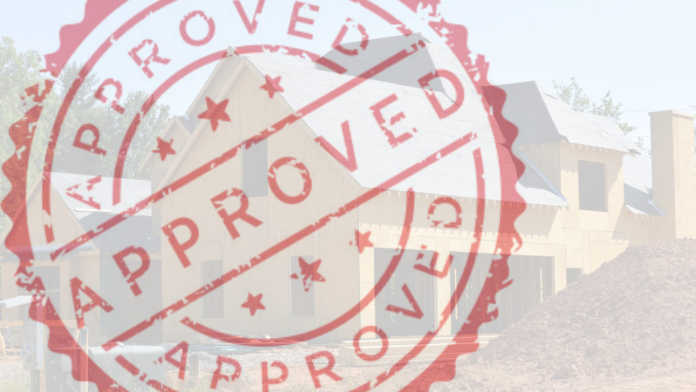When it’s time to remodel or make improvements to your home, you may wonder when you need a building permit. How do you determine which remodels and renovations require permits? Most contractors will know ahead of time. But it’s good for homeowners to have a general understanding of future renovations.
However, most Kenyans ignore the proper procedure when it comes to making renovations that require permits.
Why Do I Need a Building Permit?
For many projects, having a permit from the city is crucial because the changes to your home go on record with the government. A building permit application ensures that your project will be reviewed by an inspector, which is a way for the city to reinforce safety protocols.
For example, if you rewire your home incorrectly, there could be exposed wires, which could result in short-circuiting, electrocution and even a fire. This could lead to extensive repairs like wiring your home again, which could cost you the homeowner, hundreds to thousands of shillings.
Also when you try to sell your home, buyers and lenders want to know that your remodels comply with building codes, so you need to have proof via the building department from the city.
Home Improvement Projects that Require a Permit
The general rule of thumb is that structural, electrical, plumbing or mechanical work will require a residential permit. But here is a breakdown you can keep in your home improvement toolbox:
Fencing Installation or Repair:
When you install or repair a fence, it’s important to check with your city to see if there is a height restriction. Some estates and cities have certain heights that fences can’t go past. Be sure to have a fencing contractor check about such restrictions to avoid having to cut the fence or take it down after installation.
Window Installations:
When you install new windows that are bigger than your old windows, a permit is required to cut holes for them. This will also include cutting holes for skylights and new doors with windows. So a window professional will need to acquire those permits.
Plumbing and Electrical Work:
When installing or replacing plumbing, you will most likely need to submit a permit application. The same rule applies when installing or replacing electrical wiring, whether it’s an outlet, switch, ceiling fan or overhead lighting. The cases where you won’t need a permit or inspection include smaller projects like repairs and light fixture installations.
Structural Changes:
When you make any kind of structural changes to your property, the contractor will need to get a permit. This may include changes to the load-bearing walls, balconies, decks, porches, roofs or foundation flooring.
Heating Maintenance:
If you replace the water heater, the heating contractor you’ve hired to do the work will need to get a permit. Changes to the ventilation system, gas and wood fireplaces and ducts will also require a permit. This does not include filter changes, motor lubrication or equipment cleaning.
Additions and Remodels:
Additions, new construction, remodels, repairs, replacements, and upgrades totalling Kes 500,000 or more will require a permit. This will include detached structures like garages, sheds, and platforms. Exceptions to this rule include construction that’s less than 200 square feet, as well as painting, carpeting, and wallpaper.
See Also: Obtain a Construction /Building Permit
Home Improvement Projects that Don’t Require a Permit
There will be some projects that won’t require a permit application ahead of time, like small plumbing and electrical projects. Other projects you can do without a permit include:
- Painting and wallpapering
- Installing flooring like hardwood, carpeting, linoleum or vinyl tile
- Minor electrical repairs
- Installing new countertops
- Installing or replacing a faucet
- Landscaping work
Ask the Professionals if You Need a Building Permit
If you aren’t certain whether or not you need a permit, you should hire a professional. A pro will have the experience to determine if your project requires an inspector to check for any red flags afterwards. Professionals will usually be the ones to acquire the permit from the building department, so they also know what kind of paperwork to fill out and the type of permit to obtain. Relying on a professional will allow your project to be completed in a timely manner.














